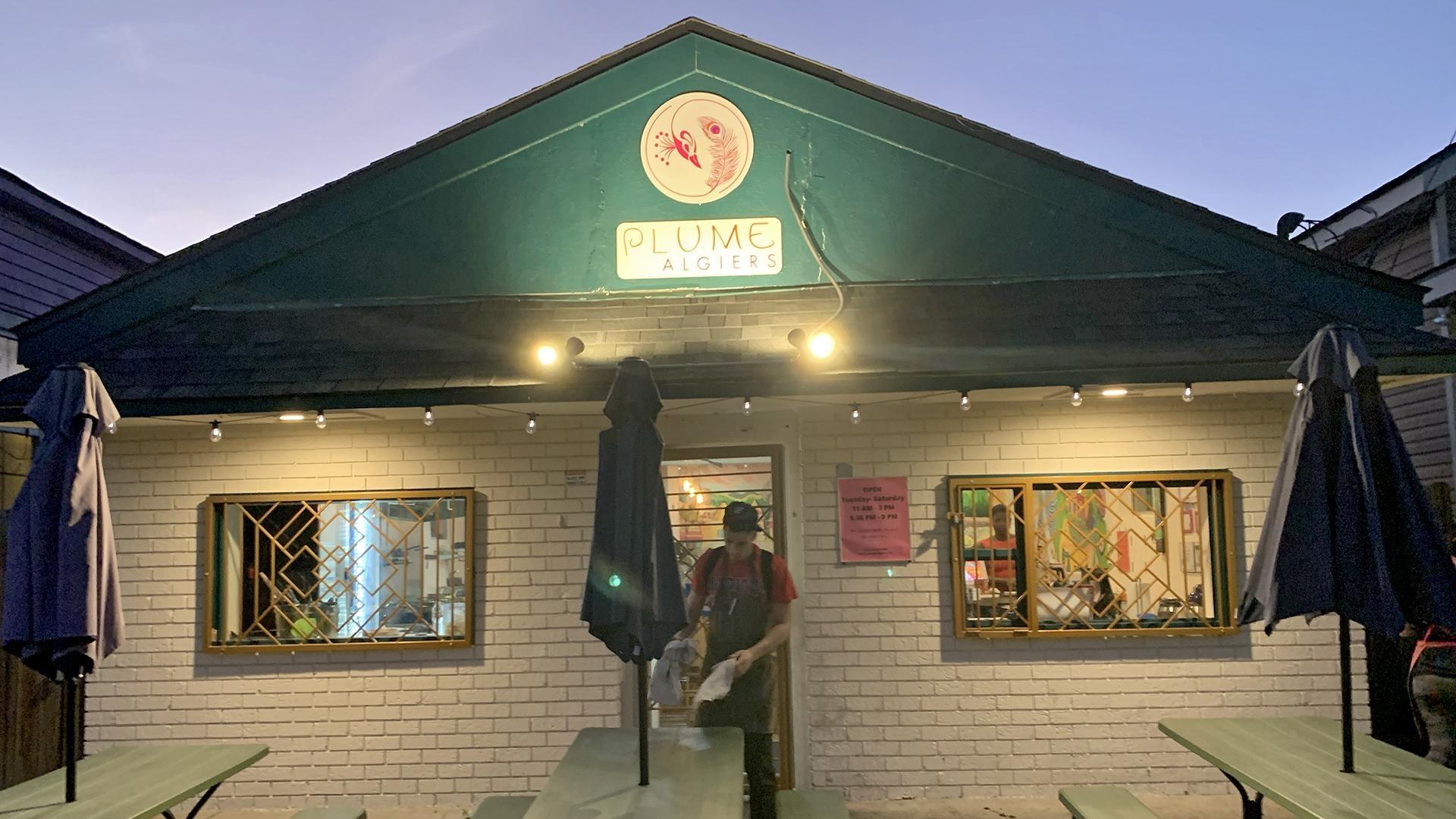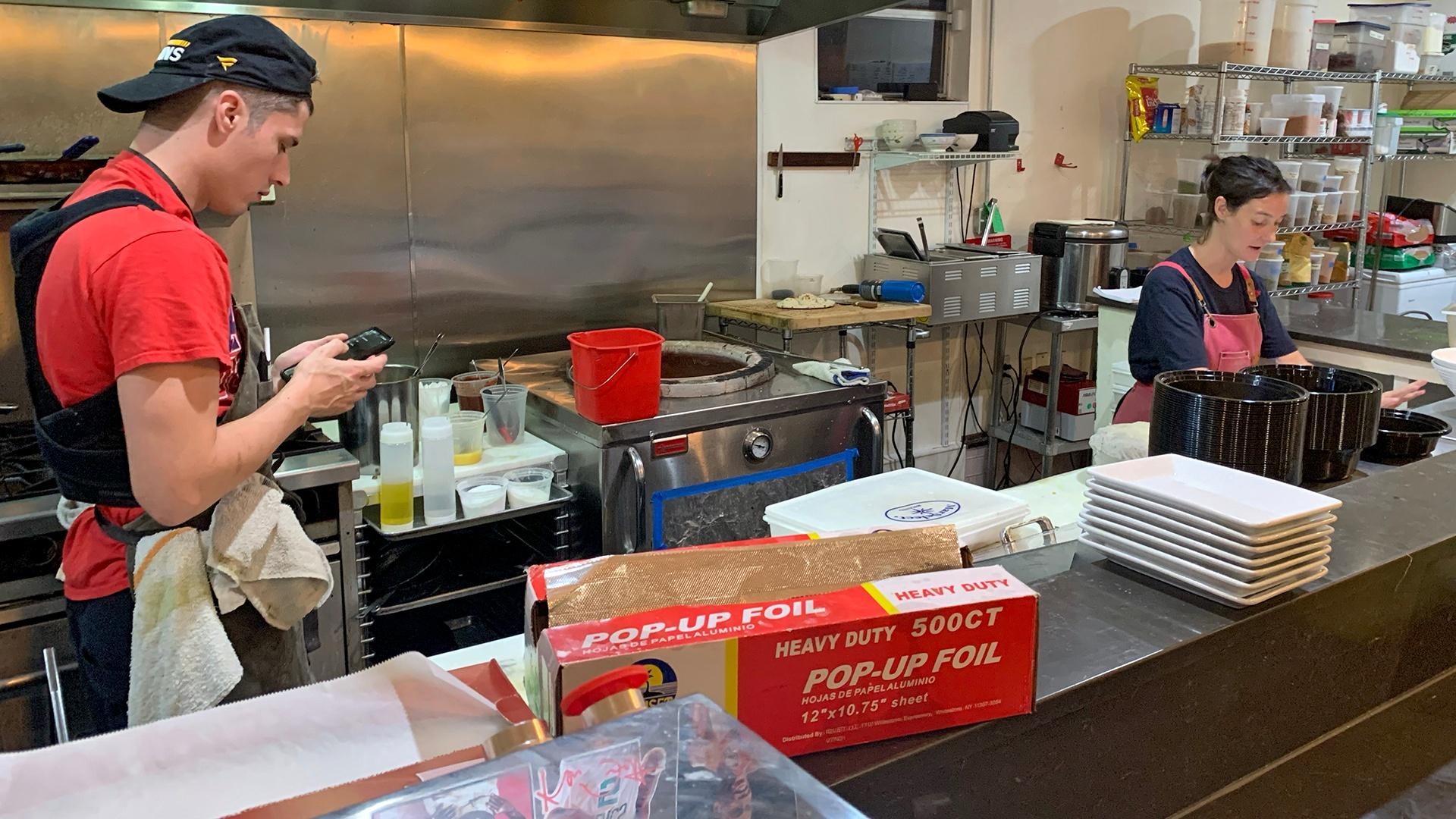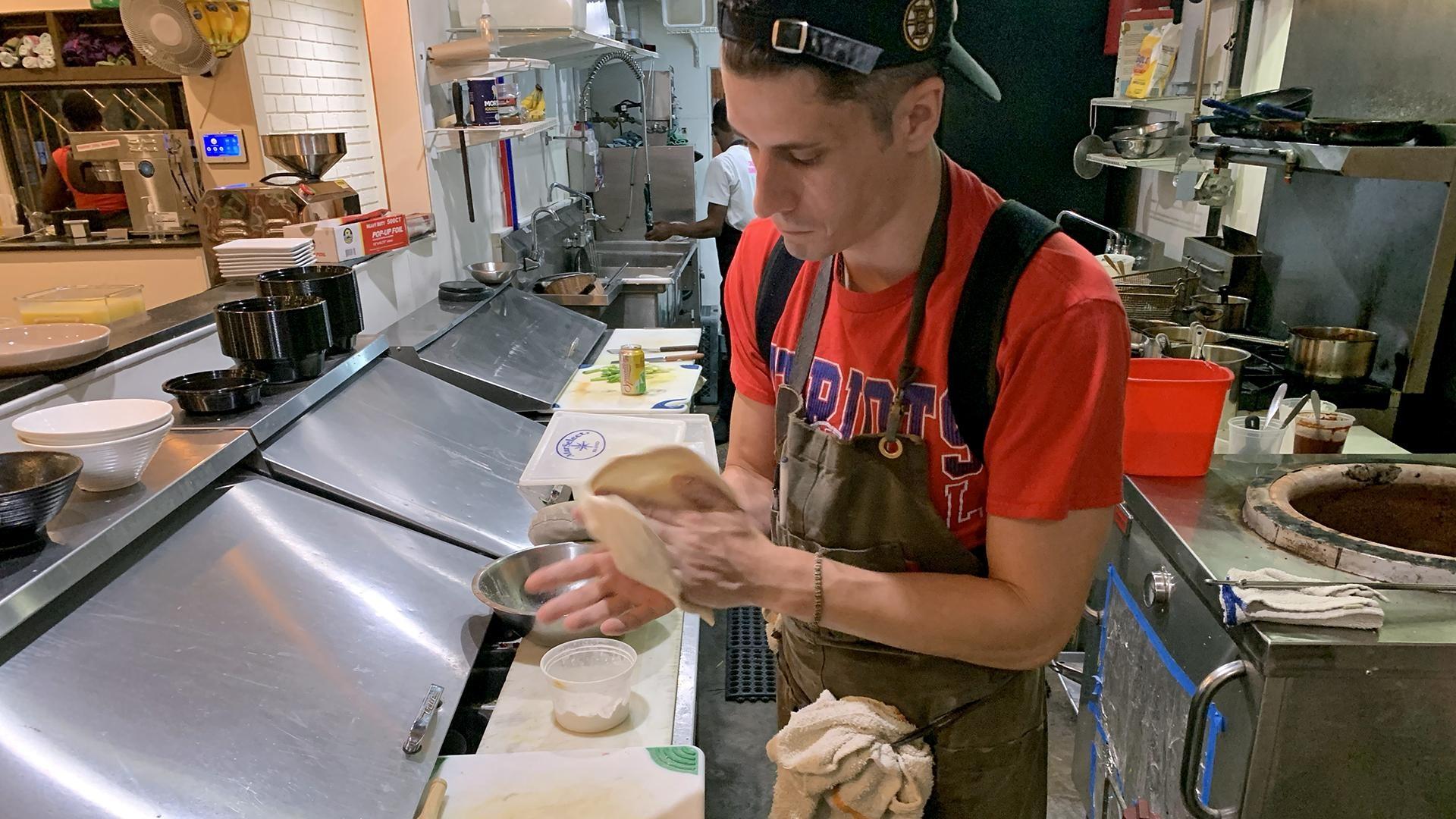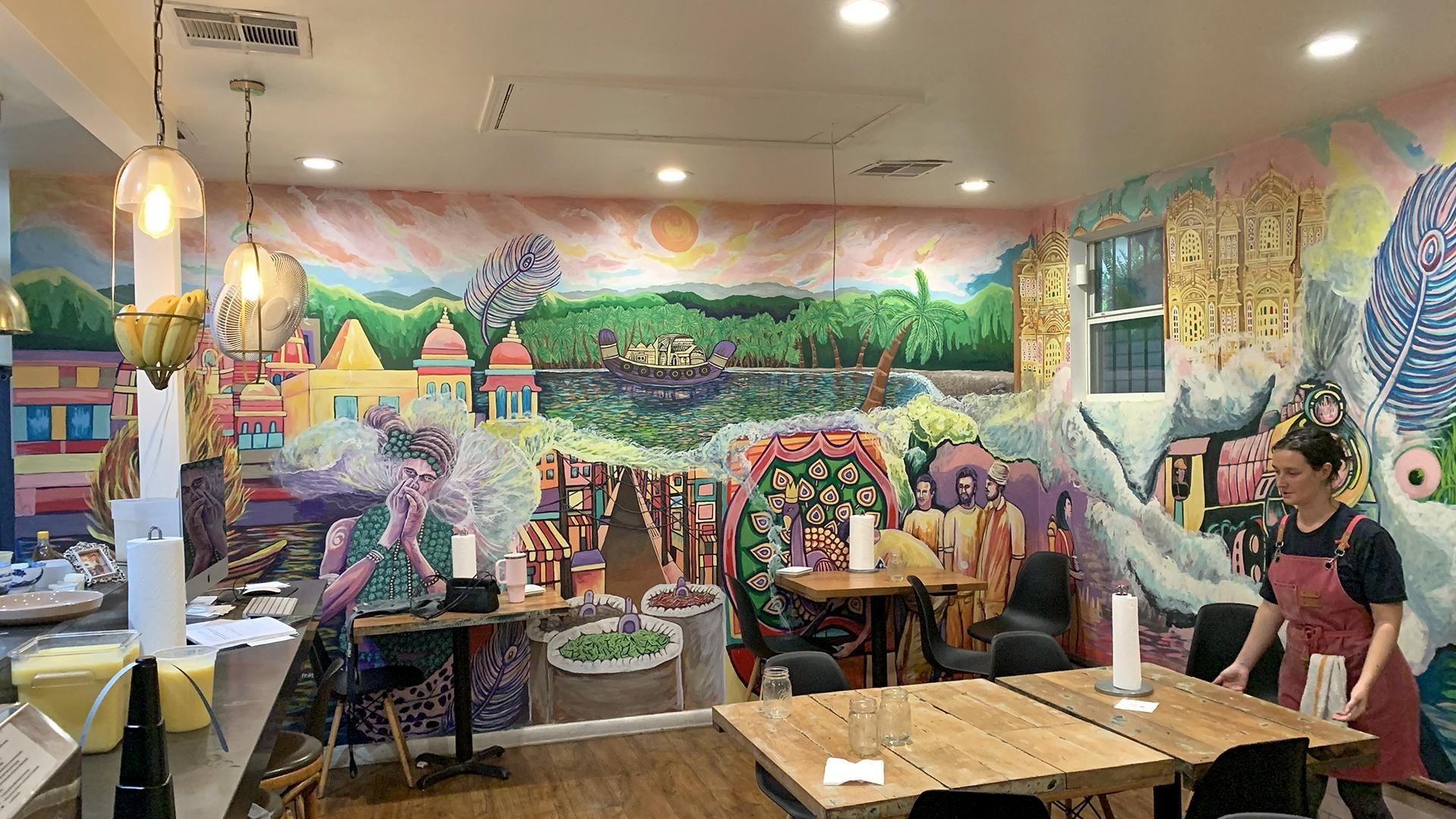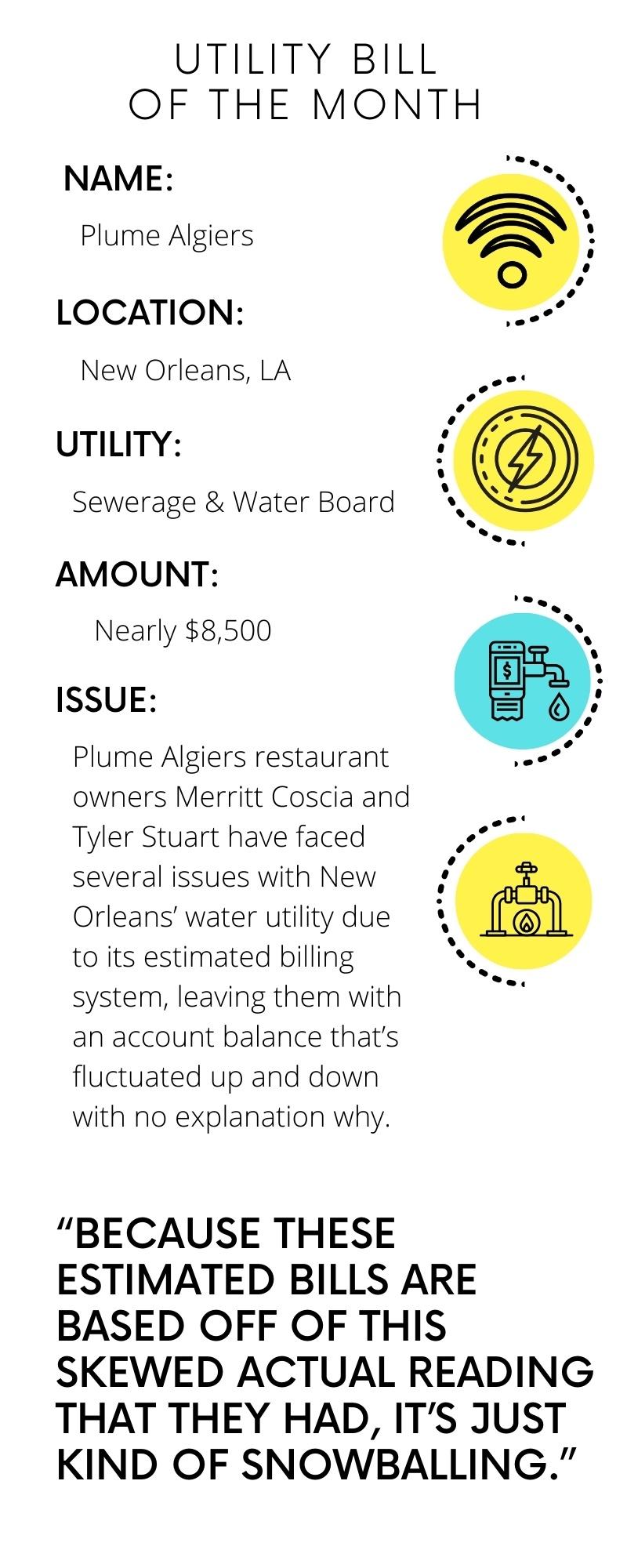New Orleans isn’t the only city that uses billing estimates. In many places, like Jackson and Birmingham, it’s just a commonsense way to deal with staffing shortages. The problem is that the practice makes it easy for things like leaks or running toilets to go undetected for a long period, building up hundreds or even thousands of dollars in water bills.
This can be a “nightmare scenario” for many customers, as Manny Teodoro, a professor at the University of Wisconsin-Madison and an adviser to local governments on public utilities, described it.
“One of the things that bills do is send a signal to customers about their water use,” Teodoro said. “If you’re getting a better, more frequent read, a small business owner is going to open that bill and go, ‘What the heck?’ And they’re going to get after that leak much more quickly … before letting it run into the thousands of dollars.”
New Orleans is working to replace its current meters with smart water meters that can collect accurate readings much more frequently. Teodoro said that one advantage of this “advanced metering infrastructure” is that they can send near real-time information to customers about their water consumption. And they can help people identify and stop leaks much more quickly.
And this isn’t just a theory for Teodoro. He’s experienced firsthand how smart meters can make a difference.
“I discovered a leaky toilet in my house because I saw the water consumption go way up, and I’m thinking, ‘What the heck is going on in here? Why am I using so much water?’ And within a day or two, I was able to notice that spike in water consumption,” Teodoro said.
Teodoro recognizes the challenge of replacing an entire city’s meters. The average meter in New Orleans is 14 years old, and the city is no stranger to infrastructure problems. But, in his opinion, it’s worth it and pays off in the long run.
And it could potentially prevent situations like what’s happening at Plume Algiers.
Restaurants face a ton of challenges to stay open. Competition is fierce — especially in New Orleans, a city known for its love of food. And despite it all, Plume Algiers overcame every challenge through hard work and a commitment to authentic cuisine with fresh ingredients.
But if they aren’t able to resolve their problems with SWBNO, they’ll be forced to close. Not because of the myriad of reasons that most restaurants fail — like a lack of customers, poor location or poor management. No, their dream of running their own restaurant will go down the drain because of their water bill.
In November, SWBNO told them they had to pay $8,669.62. Coscia said they’re still trying to get their water billing troubles resolved. If they have to, they’ll pay for it.
“But if that happens, we are definitely shutting down,” Coscia said. “Because I could not put myself in a situation where that has the potential to happen again.”
Since then, the utility has updated her balance — she now owes just under $2,000, but. the remaining $7,000 is still under investigation. On December 10, Coscia logged on again and saw that there were random payments made on their account. More activity without any explanation.
“They didn’t come from us and I can’t see where it came from,” she said. “Another mystery.”



.png)

